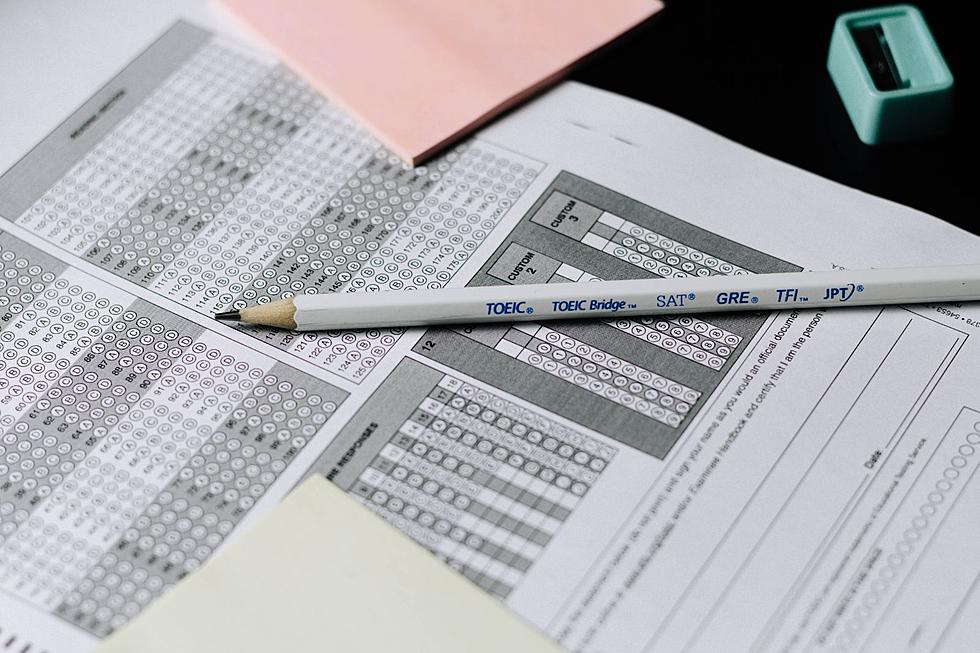
OPI’s Arntzen on Teacher Residency Project and Gender Issues
Montana’s Superintendent of Public Instruction Elsie Arntzen spoke to us this week first to celebrate the fact that 21 new ‘teacher residents’ have been placed in 12 Montana school districts for the coming school year.
Arntzen explained the difference between ‘guest teachers’ and ‘teacher residents’, a concept she pioneered to address the need for more quality educators in especially smaller community classrooms.
“What we're looking at is to remove the word ‘guest’ and to have the new teacher resident be embraced by the school faculty and the school community for an entire year and getting paid by doing this as well,” began Arntzen. “We have 21 because we just added another one yesterday that are going to be within 12 different school districts across our state.”

The residents are part of the first Teacher Residency Demonstration Project. The resident program is a one-year paid student teaching experience during the fourth year of undergraduate studies for education majors.
Arntzen said the preference of some of these ‘teacher residents’ were to be placed in large urban areas, but the majority will be placed in small schools where they can be mentored by a ‘master teacher’.
“We have a little bit that would like to be in our larger districts like Kalispell or Missoula or Helena, Billings, or even Butte,” she said. “But the majority of these are in our very, very small rural schools. They will get housing there to make sure that there is a master teacher to be had that mentorship program for an entire year, and then also to be able to not only live in the community but to live with the community.
Arntzen said the funds to pay for the ‘teacher residents’ are coming from the ESSR (Elementary and Secondary Schools Emergency Relief) provided through the Office of Public Instruction.
“$1,400 for the first month is going to be given to these teachers that are these new prospective ‘resident teachers’. And then we have teacher leaders that are also going to be paid a schedule as well as of $3,000. And that means then that instead of $100 or $200 that a mentor teacher might receive to have that guest student teacher in, there's going to be much more expected of that mentor teacher.”
Up to $3,000 is also available to residents that are not already receiving full tuition support. The Office of the Commissioner of Higher Education is also providing tuition waivers to residents that qualify.
Of the 20 residents, 18 are students at the University of Montana Western and two are students at the University of Montana.
The closest school participating in the project is in Victor.
Part of the conversation with Arntzen also centered on issues with the U.S. Department of Education and the USDA over the possible withholding of funds for school nutrition if certain guidelines on gender.
“We have a couple of school districts that are questioning when a student's legal name comes in on that roster and the child wants to be called by a different name,” she said. “The whole discussion of when the US Department of Education asked USDA to withhold any of our funding for nutrition, and anything that we do for breakfast or lunch programs and even our backpack programs, if there was any discrimination on students who look at their gender differently than their birth certificate.”
We have published stories in the past few months dealing with that issue with Arntzen and with Montana Attorney General Austin Knudsen.




